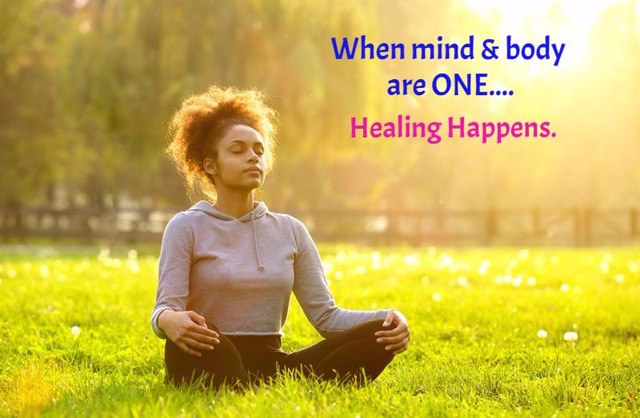I recently read that NASA is providing Mindfulness Meditation.
Well, if NASA provides this for astronauts, why not for everyone? After all, we are all occasionally exposed to events and unconscious people who “push our buttons,” so why should we not also be prepared for all manner of threats and emergencies just like our astronauts. That is precisely what mindfulness training does. Besides lowering sympathetic fight/flight stress, mindfulness training prepares us for life’s unexpected challenges which might normally push the buttons of unprepared minds and cause us to react unconsciously.
Coping Skills for Space Flight or ANY Life Stressors
Read More.png?width=305&height=132&name=NIHAlogoBLUE_3_transparent%20(2).png)










